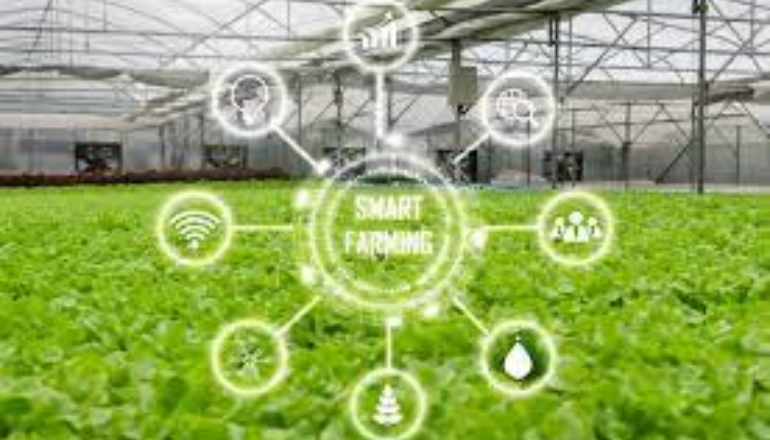Two sustainable agriculture projects, one led by a farmer’s collective and supported by an NGO, and the other, an individual scientist have won the Gulbenkian Prize for Humanity 2024.
In the first case, Andhra Pradesh Community Managed Natural Farming (APCNF) received the Gulbenkian Prize for Humanity for contributing to natural farming and sustainable agriculture, and community development.
The reward is in recognition of APCMNF’s contribution to global food security, climate resilience, and ecosystem protection.
APCNF:
APCNF supports smallholder farmers to switch from chemically intensive agriculture to natural farming, through practices such as using organic residues and minimizing tillage to improve soil health; reintroducing indigenous seeds; and diversifying crops, including trees.
The initiative was launched by Andhra Pradesh Government to find a sustainable solution to farmer distress caused by economic crises in agriculture and climate change. Implemented by non-profit organization Rythu Sadhikara Samstha (RySS) (‘Farmers Empowerment Cooperation’), it is recognized as the world’s largest agroecology program. It now reaches over a million smallholder farmers, predominantly women, across 500,000 hectares in the state.
According to a press release, the program has generated environmental and social benefits including greater soil carbon sequestration, reversed land degradation, reduced soil temperatures, increased biodiversity.
The four levers of success:
APCNF initiative’s success relies on four levers:
• Delivery through an established network of women collectives
• Farmer-to-farmer learning via ‘Champion Farmers’
• Progressive technology
• Government ownership
The program aims to reach all eight million farmer households in Andhra Pradesh over the next 10 years and inspire replication elsewhere. The model is already being incubated across 12 states in India, and in 2024 will be introduced in five other Global South countries, adapted to local contexts.
Dr Rattan Lal:
The second award recipient, Dr Rattan Lal is a globally renowned soil scientist.
He pioneered a soil-centric approach that harmonizes food production with ecological preservation and climate change mitigation.
His methodologies have highlighted on a on a global stage the interconnectedness of soil health and broader environmental and human wellbeing, and the importance of enhancing food security while conserving natural resources.
By promoting research and education in sustainable soil management, Dr Lal has advanced understanding of sustainable agriculture and climate resilience.
SDGs:
Food is central to the Sustainable Development Goals (SDGs), the United Nations’ development agenda for the 21st century.
The second of the 17 SDGs aims to “End hunger, achieve food security and improved nutrition, and promote sustainable agriculture.” Reaching this goal by the target date of 2030 necessitates international collaboration for a sustainable transformation of the global food and agriculture system.
Jury notes:
Dr. Angela Merkel, President of the Jury, who announced the awards, said, “Access to high-quality food is of existential importance to everyone. Climate change and the resulting global warming have led to an increase in extreme weather events and are endangering food security around the world. This presents everyone engaged in the agriculture sphere with particular challenges. This year’s winners have demonstrated in an exemplary fashion how climate-resilient and sustainable food systems can be developed and put into practice.”
António Feijó, President of the Board of Trustees of the Calouste Gulbenkian Foundation said, “… Each winner has demonstrated exceptional commitment to transforming agricultural practices, proving that sustainable models can thrive in diverse and challenging environments. Their work also demonstrates the co-benefits of sustainable agriculture for communities as well as the planet. We believe their stories will inspire others to apply similar approaches in other regions and help us build a sustainable future for all.”

